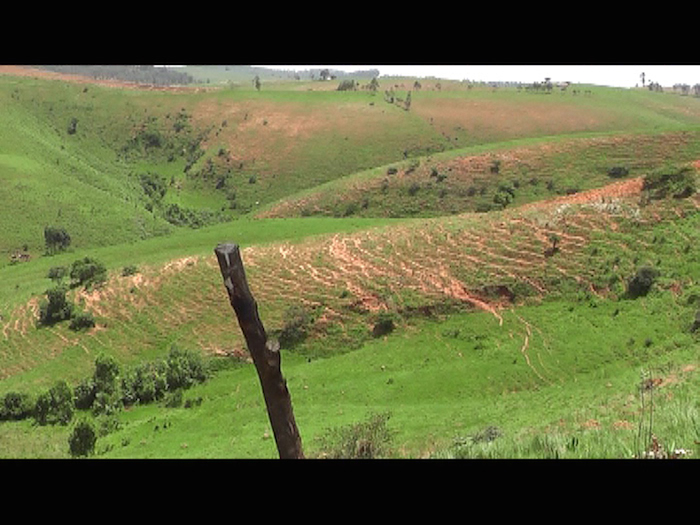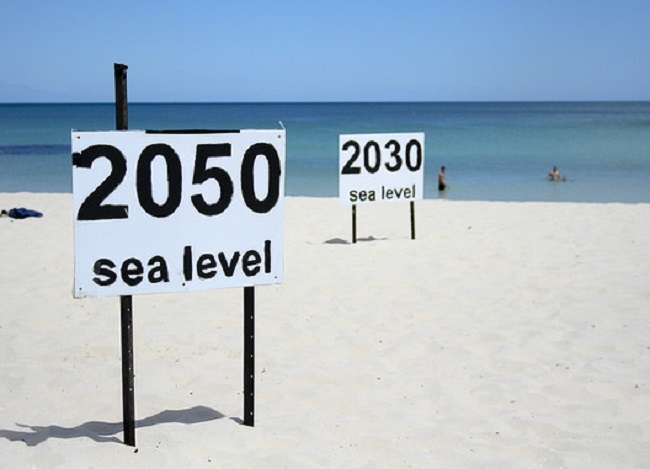
by Lawal Sani Kona
Environmental Changes wrought by the hands of humankind and exacerbated by climate change are certainly taking their toll on Africa’s Sahel region. Unsustainable livestock rearing and farming, both of which leads to severe depletion of vegetative cover are accelerating desert encroachment at an alarming rate.
Putting it bluntly The Eden foundation an environmental concern organisation says ‘Desertification is a man-induced process that leads to soil nutrient depletion and reduction of biological productivity. ’With climate change adding failing rain into the recipe the resultant effect is a massive human tragedy with disastrous consequences.
Driven south to the savannah woodlands and the forests of Nigeria Large population of cattle grazers from Niger and Chad make their way into the already over-populated lands of Nigeria, adding to the calamitous repertoire are the large number of migrant livestock grazers of Nigeria.
With Human population sky bound, along with the demand for food, thanks to the discovery of antibiotics, and modern means of transport which facilitates supply to areas where famine hitherto checked population growth, the potentials for conflict between livestock grazers and farmers is inevitable.
The past two years were evidence, in Nigeria’s high agricultural state of Benue a continuous conflict between farmers and Grazers has left hundreds dead, along with massive destruction of property and livelihoods. Today this environmental conflict is playing out in the neighbouring Taraba State, where the cattle grazers were alleged to have hired ‘mercenaries’ to help fight the farmers. As at the time of writing this article an all-night battle has taken place at Wukari a town with a population of more than four hundred thousand and an important regional food market.
With a new farming season setting in, and with Nigeria’s bread basket under threat, coupled with the general state of insecurity in Northeast Nigeria where there is a huge decline in food production, and again a massive exodus of grazers southward the possibility of a sustained state of conflict remains latent.
To understand the reason why it is difficult to prevent such conflicts we need to first go back to the issue of sustainable farming and livestock rearing practices.
First that growth in population has driven the demand for more agricultural land, thus leading to the stifling of officially demarcated grazing reserves and cattle routes across most of the traditionally noted cattle rearing states of Nigeria.
Thus a tinder box situation exists in which the passage of cattle across farm lands, as well as browsing on crops can trigger bloodletting. The situation is so since the cattle grazers are nomadic, following such conflicts they just flee with their animals.
Pursuing them can result in dire consequences as a good number of these cattle grazers carry automatic weapons.
A Tiv farmer Denen Nongo said it is futile to drag the cattle grazer to the courts according to him ‘where justice is for sale, he who has ready cash will win, I can only raise money after my harvest comes home, as long as my crops are in the field I remain powerless’
The fact that a large population of herders usually crosses in from other Sahelian nations where there is loose arms control leads to the importation of arms illegally. Armed and always on the move without a fixed address, the grazer remains a calamity on the move.
That the grazers of Sahelian Africa prefer maintaining their traditional mode of life is a conundrum for sustainability. Traditionally these grazers prefer cattle quantity first before quality, as the size of a herd symbolizes status.
The Nigerian government launched the nomadic education in the eighties, more than twenty years later the project is classified as a failure by academics. Misappropriation of funds and non-implementation of certain components of the programme has made it still born effort.
For this bloodletting between The Nigerian farmers to cease there is the need to work with the nomads allowing the benefit of examining sedentary livestock rearing, its advantages, and what they can adopt from it? To make this possible there is the need to revisit and rejuvenate the Nomads education project.
The old cattle routes need be traced and mark out, while new grazing reserves needs be added so as to accommodate the new cattle population.
All these need be done within a free, informed and prior consent of the farmer communities as they have always been the ones that have settled and have staked claims to lands. Seeking the consent will help legitimize the process for certainly it is a way to peace and eventually a way to checking an environmental calamity.
In addition to this is the need to know the population of indigenous Nigerian cattle grazers and their cattle population. This will help in resource management and policy making.
Sani writes from Jalingo, North-East Nigeria












